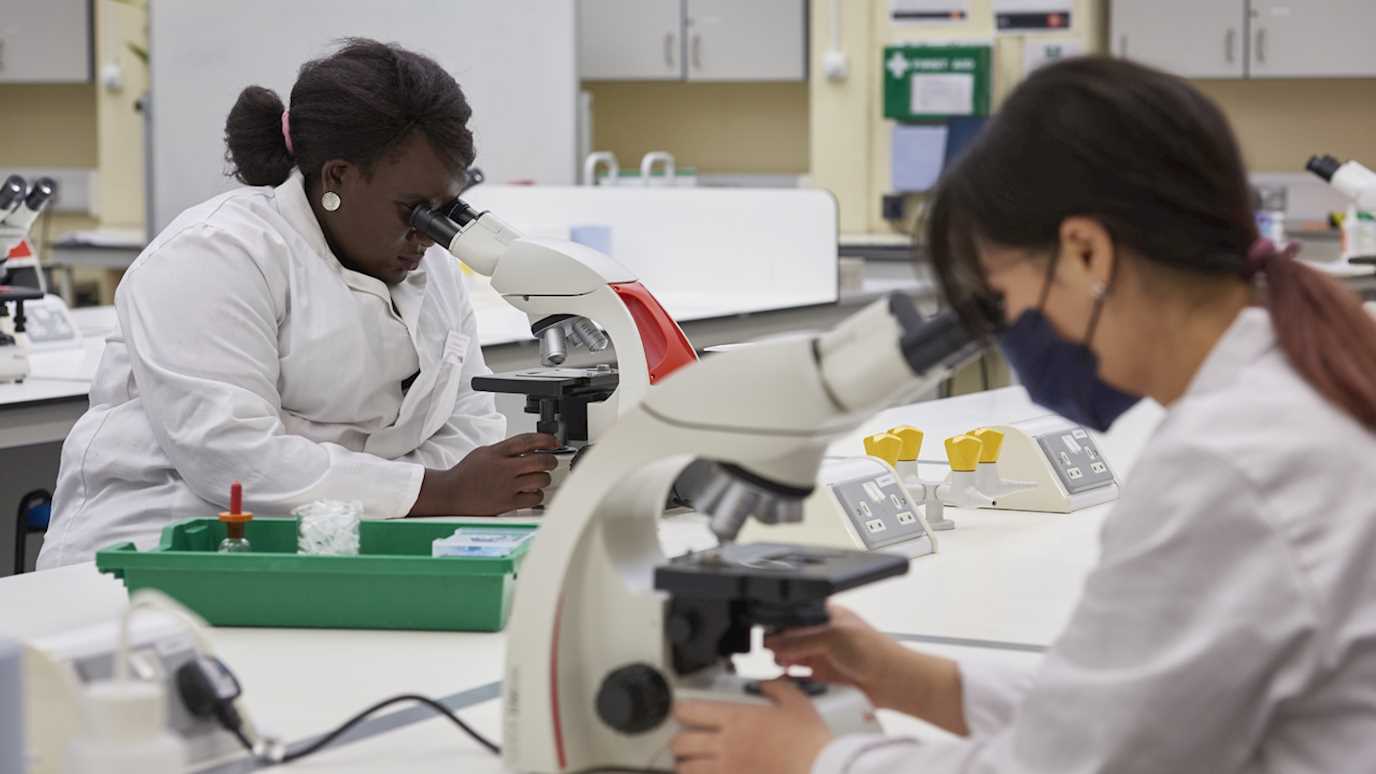Project leads Dr Laurie Parsons and Dr Jennifer Cole partnered with Solidarity Centre to accelerate the impact of their research on oppressive heat. Solidarity Centre is an organisation that see workers and their unions as uniquely positioned to help build a global climate justice movement.

Award: Flexible Funding
Academics: Dr Laurie Parsons and Dr Jennifer Cole
Department: Geography
Context and Underpinning Research
Heat deaths worldwide have increased by 74% since 1990, claiming tens of thousands of lives and resulting in a growing need for medical intervention. As a response to this challenge, climate-linked heat stress is emerging as a new research priority. This work builds on research by the project leads on oppressive heat, focusing on thermal inequality and climate precarity.
Project Overview
The project was carried out in partnership with Solidarity Centre, an organisation that seeks to place working populations at the centre of climate-responsive policies and practices. Solidarity Centre believes that workers and their unions are uniquely positioned to help build a global climate justice movement. As governments and industries plan to transition to cleaner alternatives, workers and their unions must have a meaningful say in the process to ensure that a greener economy is an economy that protects workers’ rights. The project extends new research in this area directly into policy to provide worker-centred briefing and training materials, and to facilitate a direct communication path between Royal Holloway researchers, and workers, unions, NGOs and IOs, and government stakeholders in the global South and beyond.
Outcomes
SSIA funding has allowed the project team to:
- Produce a detailed, dual language policy brief on heat stress in the garment, informal, and transport sectors, contributing to Solidarity Centre’s global policy platform.
- Produce three sets of bespoke training materials for workers in the garment, informal selling, and transport sectors, to ensure they have access to information on heat-safe practices.
- Deliver a national workshop in Phnom Penh to bring to together workers, union representatives, NGOs and government stakeholders and inform national policy development.
- Design a collaborative presentation at New York Climate Week resulting in agreements to collaborate with Ethical Trade Initiative and Remake World.
- Present project results at an invited event at the Danish Parliament in October and most recently to apparel industry leaders at the Business of Fashion annual retreat in November.
Impact achieved so far:
- Achieved union buy-in for an extensive program of heat mitigation measures and negotiations in the workplace, supported by Solidarity Centre
- Secured agreements with organisations representing brands and multi-national corporations
Next steps:
With both union and organisational pathways working simultaneously, there is potential to transition the research into a practical and largely adopted policy intervention in global production networks. By drawing on the new corporate stakeholder relationships the goal is to implement and measure the impact of heat mitigation measures in workplaces in the construction sector and beyond.

























